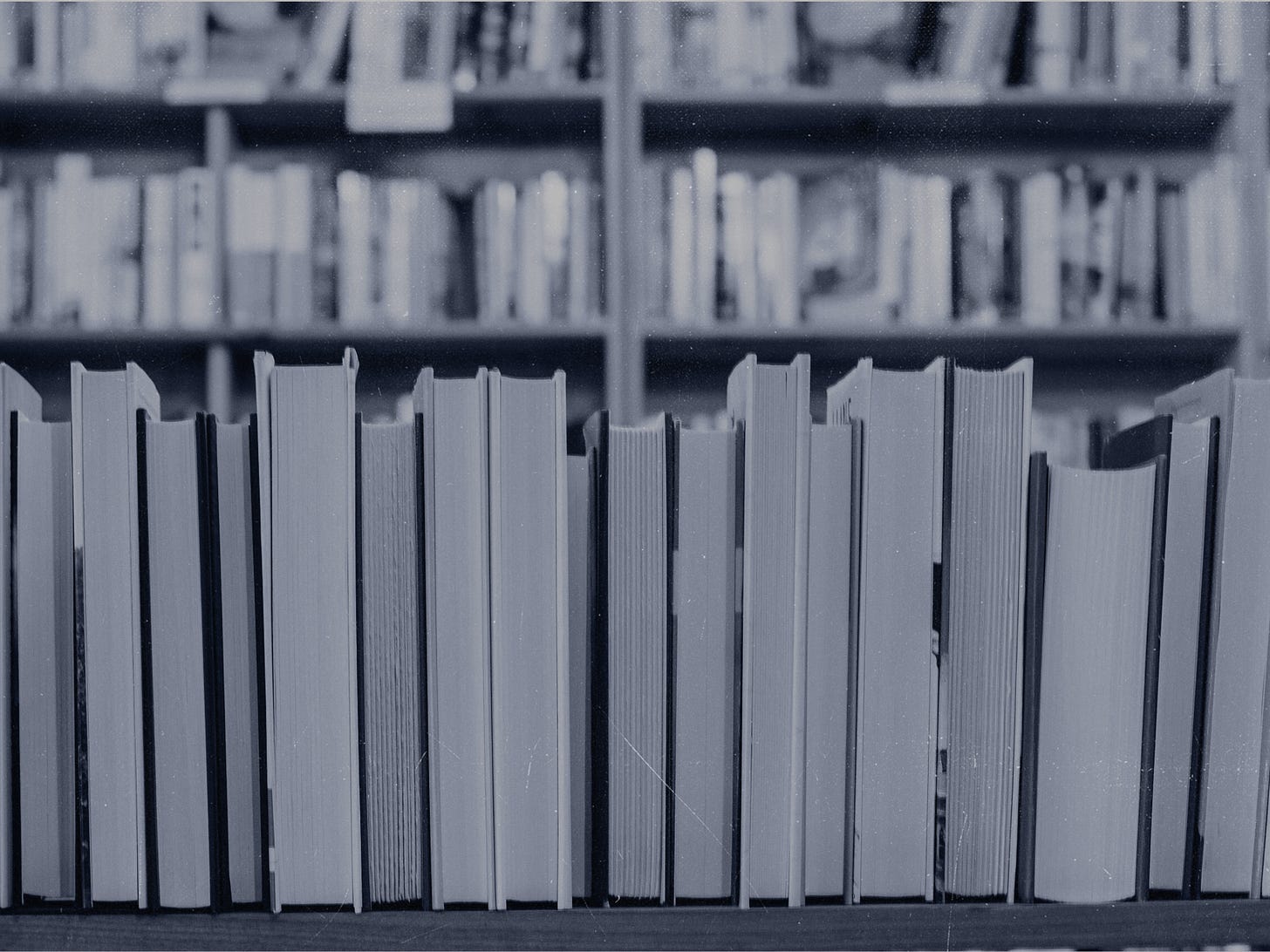Weekend Listen: Debating "Book Bans" with Yascha Mounk
I made the case that public schools have every right to restrict illegitimate content.
This week, I appeared on the NPR program Open to Debate, opposite Johns Hopkins professor Yascha Mounk, on the question: Should certain books ever be banned in school?
I argued in the affirmative. Yes, I said, public schools have every right to restrict content that promotes pornography, pseudoscience, race hatred, and political propaganda. The public schools are ultimately a vehicle for the transmission of values from one generation to the next, and must be accountable to the parents, voters, and elected officials who are their custodians. Contrary to libertarian notions of neutrality, the public schoolhouse is not a “free marketplace of ideas,” but a government-run monopoly with compulsory power over children.
I encourage you to listen to the whole debate above and to share your opinion in the comments. Below, you’ll find a slightly edited version of my opening statement.
Christopher Rufo: In a lot of ways, I’m in a difficult position. We live in a society that would like to abolish all limits and I’m arguing for a prudent re-establishment of those limits. Nonetheless, I’d like to advance four key arguments on this question.
The first is a legal argument. The Supreme Court has held that schools have an absolute right to regulate books in the curriculum and a partial right to regulate books in school libraries and to restrict books that are “pervasively vulgar” or “educationally unsuitable.” This is not an unlimited right, but it is a partial right, where in some cases it’s prudent to restrict certain content.
The second is a political argument. Voters and parents should have a say in what kind of concepts, values, and ideologies are transmitted to their children. The parent revolt against critical race theory and gender ideology shows that this is a political question. The nature of it is inherently democratic. I believe, in opposition to my opponents on this debate, in the Democratic principle that the people should decide.
The third is a practical argument. Schools have limited time in the curriculum and limited space on library shelves. This requires selection. Certain books will be picked, other books will not be picked. So, the question isn’t simply “should certain books be banned”; it’s about the very nature of limitation itself. I would argue that there are five categories that justify restriction: age-inappropriate books, pseudo-scientific books, books that advance race hatred, books that advance political propaganda, and books that present pornography. So, for example, if we must decide between Homer’s Odyssey and a book teaching children how to use sex apps, I would say that the only prudent choice is to choose the great literature.
And finally, the moral argument. We’ve known since Aristotle that there is noble education and vulgar, or base, education. It is our duty as parents, as voters, and as citizens to shape the values in our institutions toward the highest principles. This is the meaning of the word “liberal,” which derives from the Latin root liber, meaning “free.” We want an education that liberates students not only from external constraints, but from the passions and ideologies that would tear them down.
So, the question of this debate is not if certain books should be banned, but if it is ever appropriate to restrict materials in schools. My argument is in the affirmative. Some might want an unlimited, open society with no limits. But when we’re talking about children, when we’re talking about the democratic governance of schools, it’s only prudent to take some of the most toxic, partisan, and false content and restrict it from classrooms.



No library can hold every book ever written. Somebody decides what goes on the shelves and what does not. That's curating, not banning.
Excellent description of Public School: government-run monopoly with compulsory power over children.